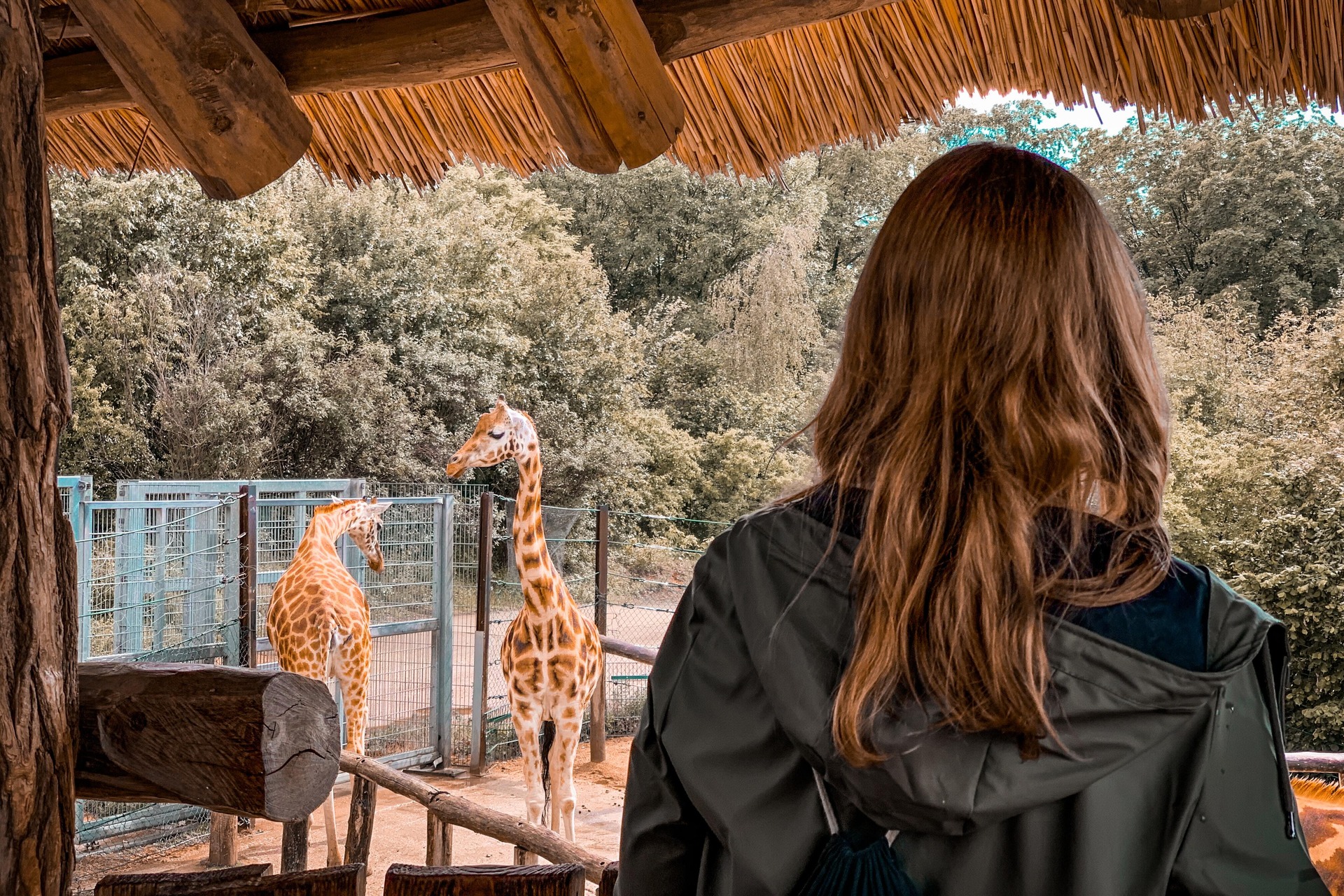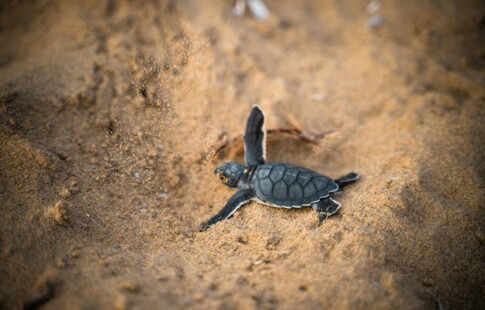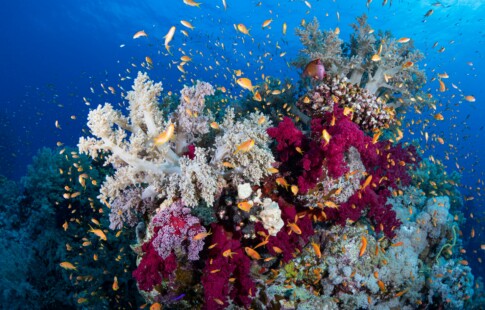
What Can You Do With a Zoology Degree?
We are reader-supported. When you buy through links on our site, we may earn affiliate commission.
Getting a zoology degree requires hard work, dedication, and likely a love of animals. While working at a zoo or going on to veterinary school might be a common path, those aren’t the only career options for zoology students. What jobs can you pursue with a zoology degree?
1. Zoologist
It comes as no surprise that being a zoologist is top of the list for many people with zoology degrees. Zoologists study animals within their environment, whether they’re in captivity or the wild. A zoologist’s professional duties can consist of fieldwork, laboratory experiments, preparing reports, and presenting their research.
2. Animal Behaviorist
Many people in zoology degree programs are interested in what makes animal tick. Animal behaviorists study how animals act and why, including their environment, health, social interactions, and habits.
Behaviorists can specialize in anthrozoology, which is how animals and humans interact. Some researchers, known as applied animal behaviorists, specifically study how pets interact with their owners.
3. Conservationist
Working with wildlife is about more than studying how animals think and behave — it’s also about protecting them and their habitats to ensure their populations thrive in the future. Conservationists are concerned with saving animals and raising awareness about the environment. Often employed by government agencies, they help manage and defend natural resources and wild animals.
4. Zookeeper
Of course, many people with zoology degrees are interested in working at a zoo! Studying zoology prepares potential employees for several roles and responsibilities at zoos and aquariums. For example, zookeepers care for and monitor various animals, keep spaces clean, administer medicine, and perform other tasks that keep animals safe and healthy.
Zoos are great places for people who enjoy working with humans in addition to animals. Zoo educators teach visitors about the animals they’re seeing, conservation efforts, and ways everyone can help the planet.
5. Veterinary Medicine
Zoology is one of the most common pre-vet majors available. People who were most interested in the biology and anatomy courses they took for their zoology degree can continue their education in the veterinary medicine field.
Veterinarians are doctors for animals, taking care of their health and safety. There are nearly as many career paths in veterinary medicine as there are for human doctors. Vet assistants, techs, veterinarians, and surgeons have varying levels of education and specialties, but they all work to help wild and domestic animals stay healthy.
6. Animal Nutritionist
Just like humans, animals need to eat the right diet to stay healthy and live a proper life. Animal nutritionists research the dietary needs of various animals and the quality of their food. They often work with feed producers to determine the best nutrition plans for pets, animals in zoos, and beyond.
7. Museum Educator
A zoology degree doesn’t always mean working directly with animals. Public education is a critical way to increase awareness about the natural world and the importance of wildlife. Educators in museums or other public and private institutions teach people about animals, their role in the ecosystem, and why conservation is essential.
8. Marine Biologist
People pursuing zoology degrees often choose specializations, and marine zoology or biology is one of the most common options. These scientists study marine wildlife — think fish, whales, dolphins, sharks, sea turtles, and everything in between. Marine biologists are also interested in plants and the environment, from the coast to the deep sea.
9. Academic Researcher
Zoology is a field built on facts and research. Professional researchers spend their careers experimenting, observing, measuring, and conducting careful research to learn more about their chosen specialty. Much of the work consists of compiling research and presenting it to fellow academics and the public.
10. Wildlife Rehabilitator
Sometimes wild animals are sick, injured, or abandoned and require human help to get better. Animal rescues need employees with experience handling wild animals — and a gentle touch. Wildlife rehabilitators fulfill this role, armed with behavioral knowledge to provide the proper care regimen so animals can learn to live on their own. Nursing animals back to health is a great career path for zoology majors who love hands-on work.
11. Park Ranger
Taking care of national, state, and local parks is an important way to preserve wildlife and keep natural spaces safe and accessible. Park rangers are responsible for monitoring these spaces. They also educate visitors and make sure guests understand the necessity of learning about and protecting nature.
12. Animal Trainer
There are plenty of hands-on jobs for people with zoology degrees who want to work with animals, including training household pets and other domestic animals. Many animal trainers with dogs and their owners, teaching both parties how to interact effectively. Obedience training is an in-demand skill.
Other trainers work with a wider range of animals, including racehorses, service pets, and even animals that appear in films and television shows. A zoology degree helps provide the knowledge of animal behavior that’s required to coach and manage these critters.
13. Science Writer
Books, magazines, websites, and other publications provide the public with entertaining and informative facts about animals and the natural world. The people who write content for these outlets have the opportunity to educate readers about the issues they care about most.
Science writers can use their zoology backgrounds to do research, compile their facts, and teach a wide audience about conservation, animal studies, and more.
14. Zoology Professor
Zoology students who loved learning can stay in academia and pass on their knowledge and passion to the next generations. Becoming a professor requires an advanced degree. Academics teach classes, perform research, and write books and articles sharing what they’ve learned. It’s a great option for current students who see a future in publishing their work.
What You Can Do With a Zoology Degree?
The career opportunities are nearly endless with a zoology degree. This versatile education offers students unique skills they can apply to a range of careers, from academic positions to fieldwork and hands-on animal care. People who love learning about animals and working in a natural environment can thrive in any of these jobs.
Share on
Like what you read? Join other Environment.co readers!
Get the latest updates on our planet by subscribing to the Environment.co newsletter!
About the author

Jane Marsh
Starting from an early age, Jane Marsh loved all animals and became a budding environmentalist. Now, Jane works as the Editor-in-Chief of Environment.co where she covers topics related to climate policy, renewable energy, the food industry, and more.





